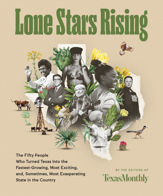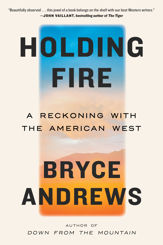* A Best Book of 2015 (The Economist) *
Description
“A fascinating political, racial, economic, and cultural tapestry” (Detroit Free Press), Once in a Great City is a tour de force from David Maraniss about the quintessential American city at the top of its game: Detroit in 1963.
Detroit in 1963 is on top of the world. The city’s leaders are among the most visionary in America: Grandson of the first Ford; Henry Ford II; Motown’s founder Berry Gordy; the Reverend C.L. Franklin and his daughter, the incredible Aretha; Governor George Romney, Mormon and Civil Rights advocate; car salesman Lee Iacocca; Police Commissioner George Edwards; Martin Luther King. The time was full of promise. The auto industry was selling more cars than ever before. Yet the shadows of collapse were evident even then.
“Elegiac and richly detailed” (The New York Times), in Once in a Great City David Maraniss shows that before the devastating riot, before the decades of civic corruption and neglect, and white flight; before people trotted out the grab bag of rust belt infirmities and competition from abroad to explain Detroit’s collapse, one could see the signs of a city’s ruin. Detroit at its peak was threatened by its own design. It was being abandoned by the new world economy and by the transfer of American prosperity to the information and service industries. In 1963, as Maraniss captures it with power and affection, Detroit summed up America’s path to prosperity and jazz that was already past history. “Maraniss has written a book about the fall of Detroit, and done it, ingeniously, by writing about Detroit at its height….An encyclopedic account of Detroit in the early sixties, a kind of hymn to what really was a great city” (The New Yorker).
Reviews
* Winner - Robert F. Kennedy Book Award *
“Elegiac and richly detailed . . . Maraniss . . . conjures those boom years of his former hometown with novelistic ardor. Using overlapping portraits of Detroiters (from politicians to musicians to auto execs), he creates a mosaiclike picture of the city that has the sort of intimacy and tactile emotion that Larry McMurtry brought to his depictions of the Old West, and the gritty sweep of David Simon’s HBO series “The Wire.” . . . People’s experiences intersect or collide or resonate with one another, and Mr. Maraniss uses them as windows on the larger cultural and political changes convulsing the nation in the ‘60s . . . [Maraniss] succeeds with authoritative, adrenaline-laced flair. . . . Maraniss cuts among story lines about the auto industry, the civil rights movement and City Hall, and among subplots involving Ford’s development of its top-secret new car (the singular Mustang), the police commissioner’s efforts to get the goods on the mobster Tony Giacalone and Berry Gordy’s construction of a hit factory with Motown. The result is a buoyant Frederick Lewis Allen-like social history that’s animated by an infectious soundtrack and lots of tactile details, and injected with a keen understanding of larger historical forces at work – both in Detroit and America at large. . . . Maraniss’s evocative book provides a wistful look back at an era when those cracks were only just beginning to show, and the city still seemed a place of “uncommon possibility” and was creating “wondrous and lasting things.”
“Captivating . . . Maraniss hears the joyous sound of a city suddenly, improbably filled with hope. . . . Maraniss asks himself what in the city has lasted, a question that often haunts former Detroiters. The songs, he decides. Not the reforms, not the dream of racial justice, not the promise of a Great Society, but the wonderfully exuberant songs that came pouring out of Berry Gordy’s studio. That’s the tragedy at the core of this gracious, generous book. All that remains of the hopeful moment Maraniss so effectively describes is a soundtrack. And that isn’t nearly enough.”
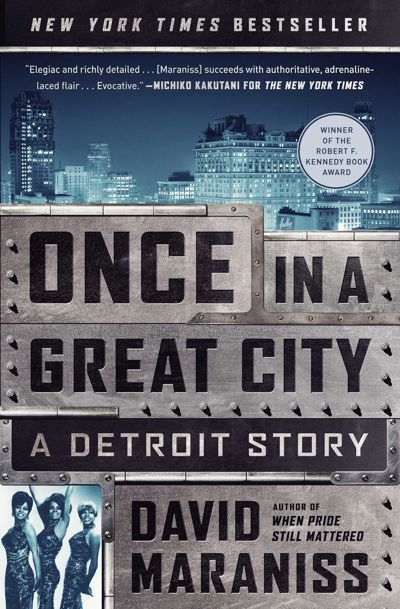




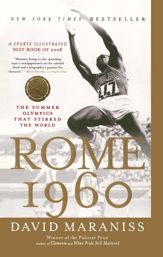











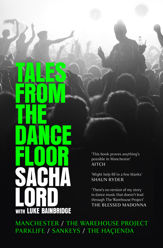






































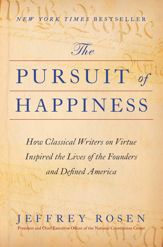






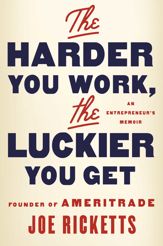




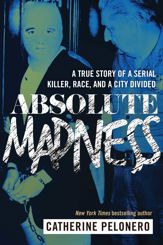



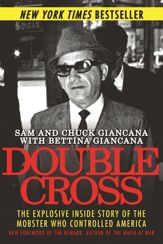



![A Short History of Reconstruction [Updated Edition] - 6 Jan 2015](https://ingress-cdn.pressreader.com/imageserver/v1/image/books/358cd001-e572-4d1d-80b1-7b9266c6f8ed?width=163)









